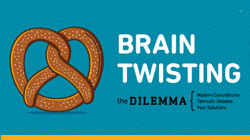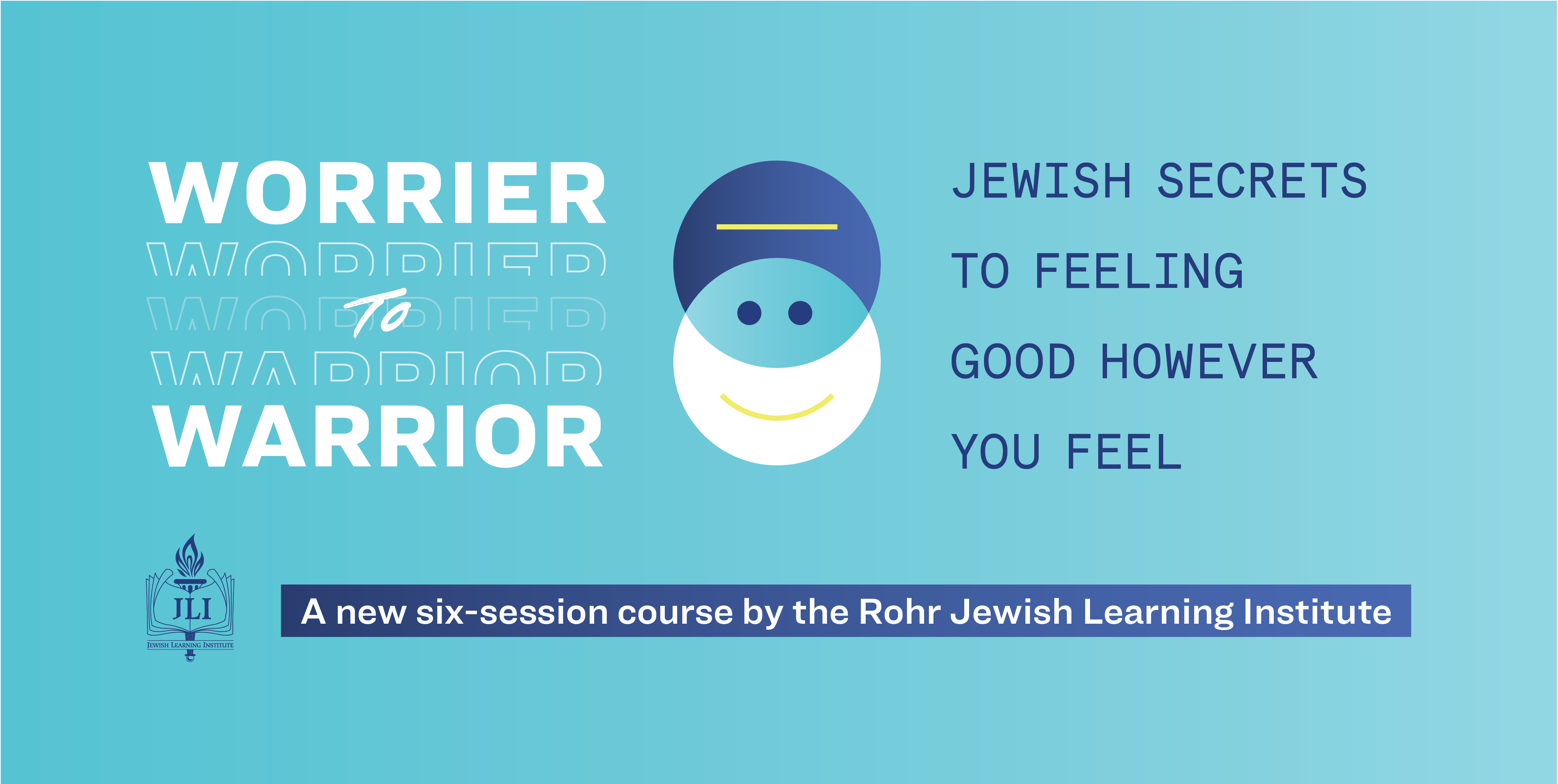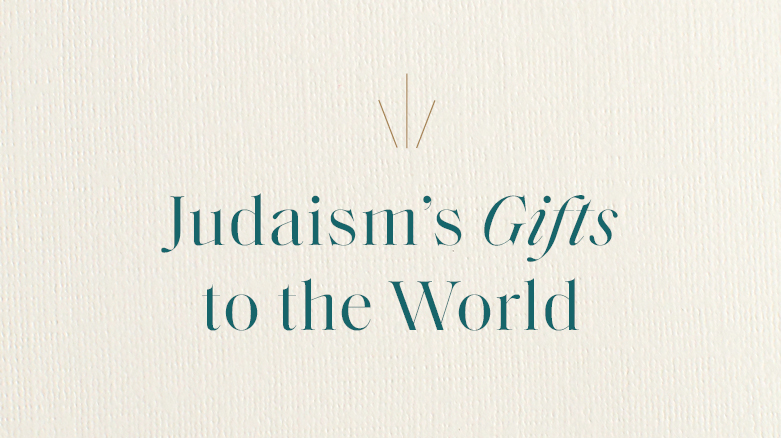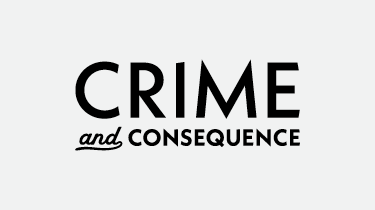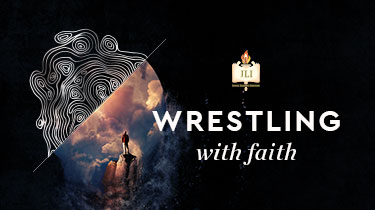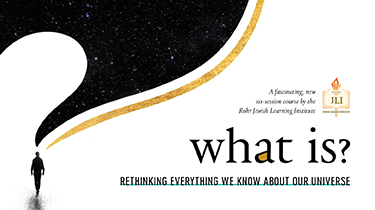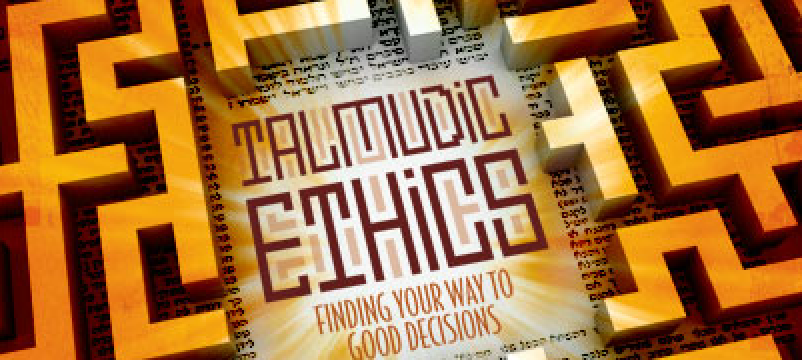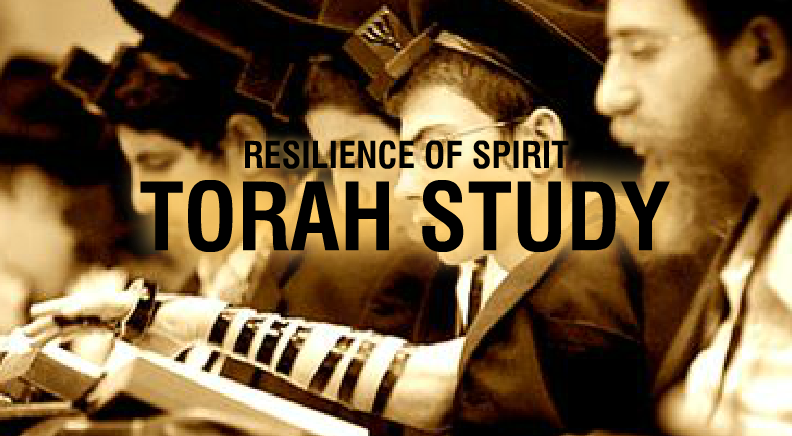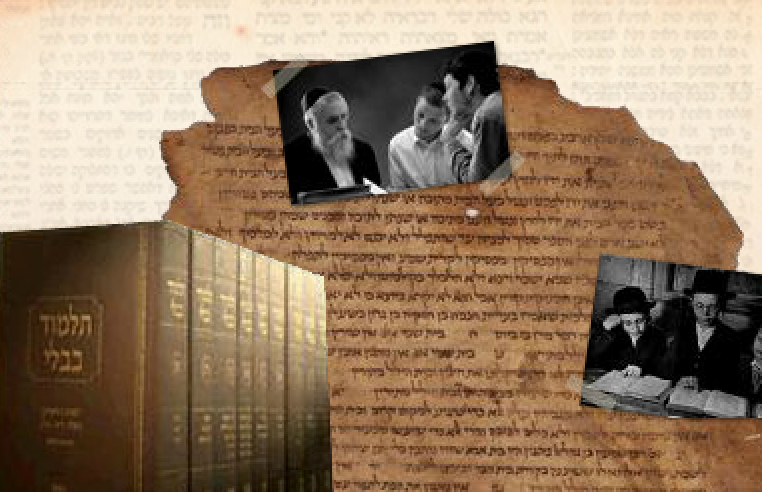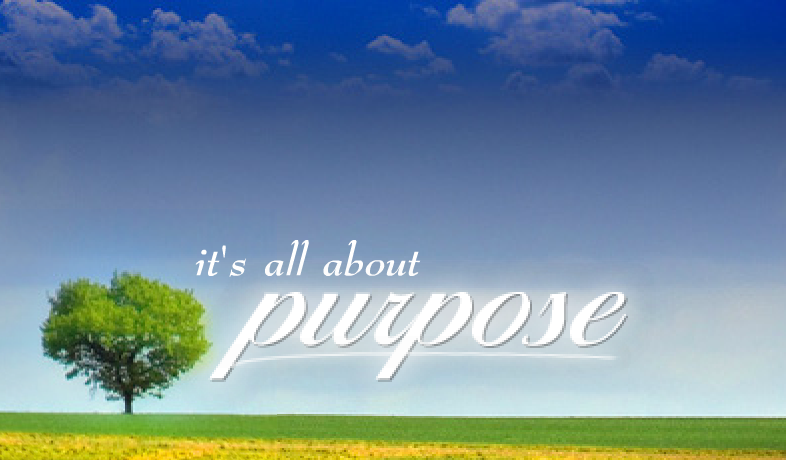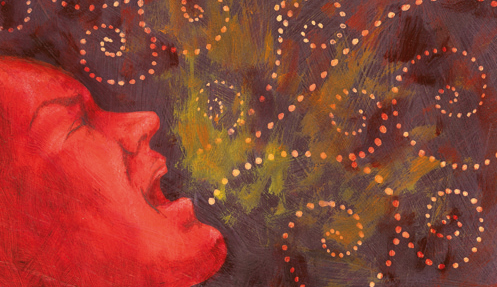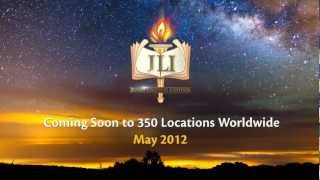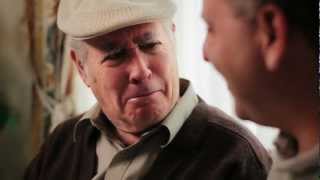Journey of the Soul explores the mysteries surrounding the spiritual dimension of our existence—our destiny that continues even after we’ve shed our earth-bound body suit. We examine the transition of the soul into the hereafter, the kinds of legacies that are valued even after we’ve forsaken this earthly existence, and the accompanying emotional journey and rituals that help the soul and those closest to it prepare for its new reality.
.jpg)
Decoding the Talmud
Inside the Story, Substance, and Significance of the Book that Defines Judaism
Enter the intricate world of the Talmud: the monumental classic that has defined Jewish learning for centuries. Join this six-week course from the Rohr Jewish Learning Institute to discover the Talmud, its history, authors, and significance—and experience it for yourself.
You'll learn the key terms, logical principles, and historical context required to decode every part of the Talmudic page. Plus, see how it became central to Jewish life and why it inspires fascination, debate, and study today.

Colorful Profiles
Short Stories of Extraordinary and Unexpected Characters from Jewish History
Join this four-week journey to encounter twelve stories of Jewish history’s most fascinating men and women. Discover the incredible Jewish lives of converts, captives, royal advisors, philosophers, philanthropists, and more. You’ll be fascinated by their sacrifices, adventures, and achievements, and get a vivid look at our people’s rich heritage and history.

 English
English Hebrew
Hebrew French
French Spanish
Spanish
















